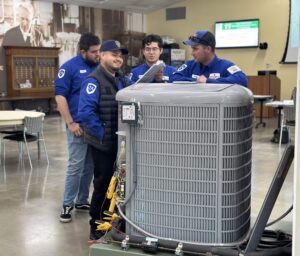
The Importance of HVAC Tune-Ups
Here’s a detailed look at what tune-ups involve, their benefits, and the recommended frequency for these services.

Here’s a detailed look at what tune-ups involve, their benefits, and the recommended frequency for these services.

Carrier, a leading brand in the HVAC industry, has long been synonymous with innovation, reliability, and efficiency. MightyServ, a proud seller of Carrier products, recommends this brand for anyone looking to upgrade their heating and cooling systems. Here’s why Carrier stands out

As temperatures soar, ensuring your AC’s reliability throughout the summer months requires a bit of attention. Discover essential tips to maintain your AC’s efficiency and keep it running smoothly, ensuring your comfort even during the hottest days of summer.

MightyServ will help you pay attention to the intricate signs and indicators that signal whether your AC unit needs repair or replacement, empowering you to make informed decisions and maintain cool comfort throughout the blistering summer season.
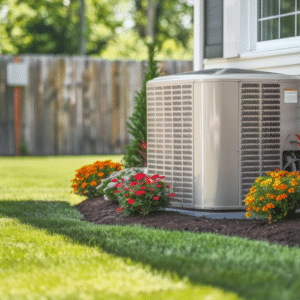
As the summer sun beats down relentlessly on the San Fernando Valley, maintaining a cool and comfortable home is a top priority for residents. Discover effective strategies to beat the heat and create a refreshing indoor sanctuary with practical tips tailored to the unique climate of the San Fernando Valley.
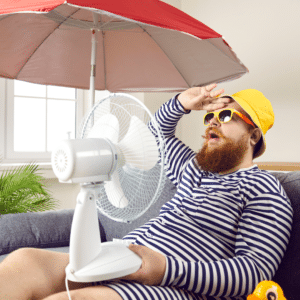
As the summer heats up, keeping your home cool and comfortable while managing energy costs becomes crucial. Here are 5 tips to keeping you home cool this summer while saving money.
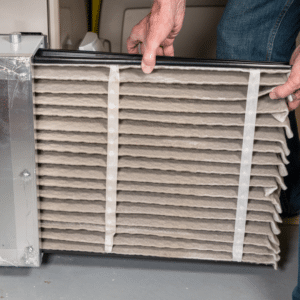
One crucial component of IAQ management is understanding MERV ratings and their role in air filtration systems. MERV, which stands for Minimum Efficiency Reporting Value, is a numerical scale used to rate the effectiveness of air filters in capturing airborne particles.

California experiences varying levels of pollen throughout the year, making it essential to know when to expect allergy flare-ups and how to keep them at bay.
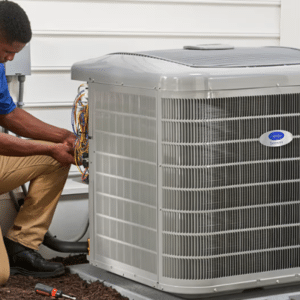
By investing in a new HVAC system now, you not only enhance your home’s comfort and efficiency but also take advantage of significant financial incentives.

n today’s world, HVAC scams are becoming increasingly common, posing significant risks to homeowners and businesses. At MightyServ Heating & Air Conditioning and Canoga Park Heating & Air Conditioning Mechanical Solutions, we understand these concerns. We are dedicated to providing you with exceptional service while ensuring your safety and comfort. We want to educate you on these scams and explain how MightyServ and Canoga Park are committed to protecting you from fraudulent activities. Understanding HVAC Scams HVAC scams can take many forms, from unqualified individuals posing as technicians to companies that perform unnecessary repairs or installations to inflate costs. These scams not only jeopardize your financial well-being but also compromise the safety and efficiency of your HVAC system. Common tactics used by scammers include: How MightyServ & Canoga Park Protect You At MightyServ & Canoga Park, we have implemented several measures to ensure your safety and provide you with peace of mind when our technicians visit your home or business. Our commitment to transparency and professionalism is reflected in our policies and procedures: Identification and Uniform Appointment Notifications Why These Measures Matter By implementing these guidelines, we aim to provide a safe and secure experience for our customers. You can